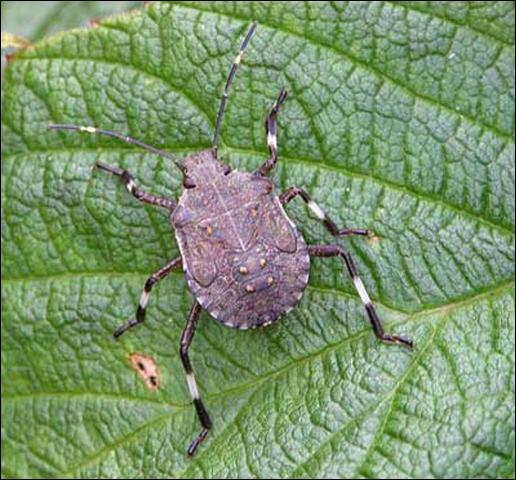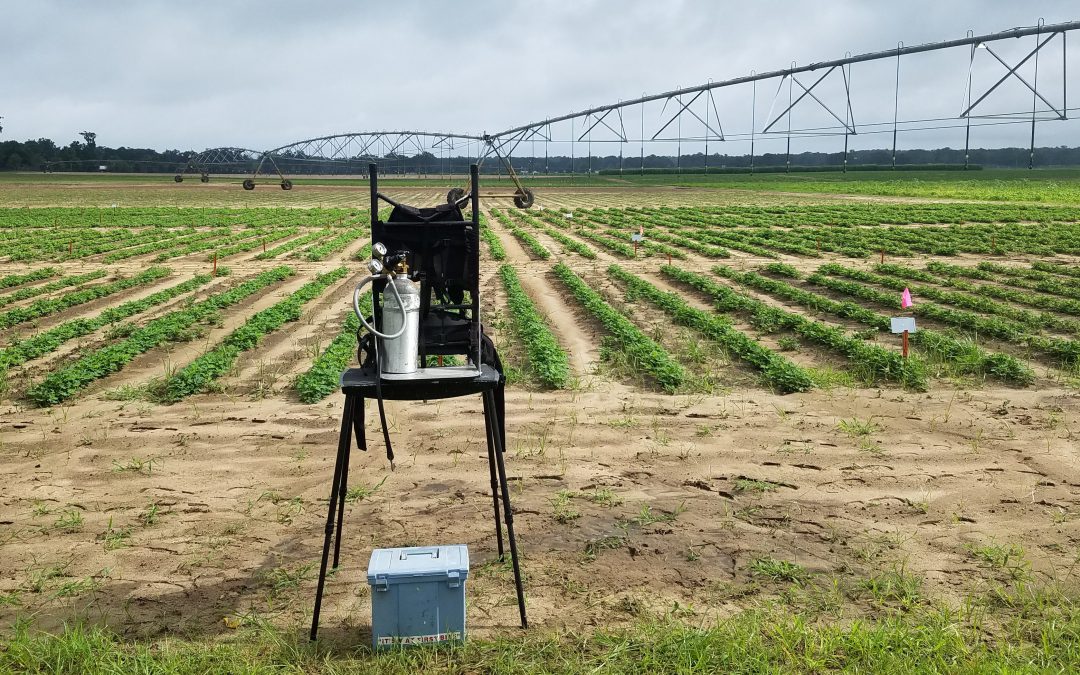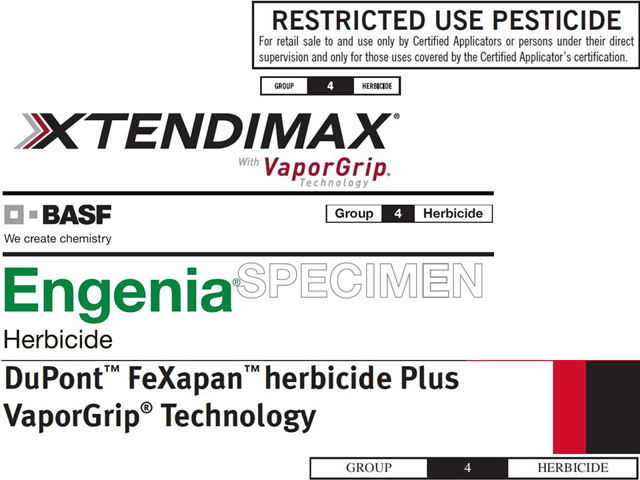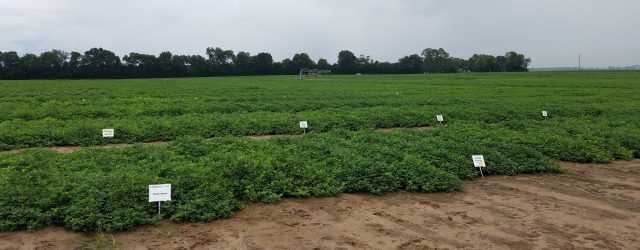
by Matt Lollar | Sep 14, 2018
A few weeks ago I was lucky enough to attend North Carolina State’s Tomato Field Day, at the Mountain Horticultural Crops Research and Extension Center in Mills River, NC. Every summer crowds flock from all over the Southeast to learn what’s new in the world of...

by Nicholas Dufault | Jul 27, 2018
By Nicholas Dufault and Wael Elwakil Fungicide resistance or reduced efficacy is a concern when managing peanut diseases, especially the foliar diseases early and late leaf spot. Managing these concerns requires an integrated approach with constant monitoring...

by John Doyle Atkins | Jun 22, 2018
Syngenta has successfully completed the registration process with the Florida Department of Agriculture for a new fungicide for Florida peanut farmers called Miravis. Miravis is the brand name for Syngenta’s fungicide with the active ingredient Pydiflumetofen,...

by Judy Biss | Apr 6, 2018
Farmers and ranchers must manage traditional business practices to be successful, but they also deal with the many challenges of ever changing weather. Rain, wind, and temperature are important and obvious aspects of weather that producers track on a daily basis, but...

by Ethan Carter | Apr 6, 2018
Last year, the Environmental Protection Agency (EPA) registered new dicamba herbicide product formulations for making applications to dicamba tolerant cotton and soybean crops. As a result, many states were overwhelmed with drift complaints regarding sensitive crops....

by Nicholas Dufault | Feb 16, 2018
Nicholas Dufault, UF/IFAS Crop Pathologist, and Patrick Troy, UF/IFAS Row Crop Regional Agent As the 2018 peanut production season approaches, it is time for producers to start considering their fungicide programs. Chlorothalonil has been a staple fungicide in many...







